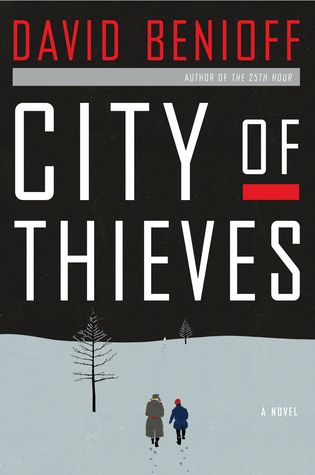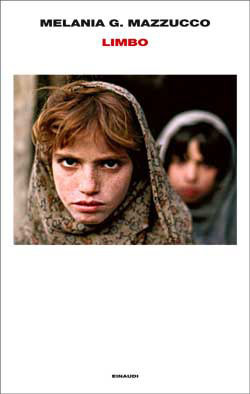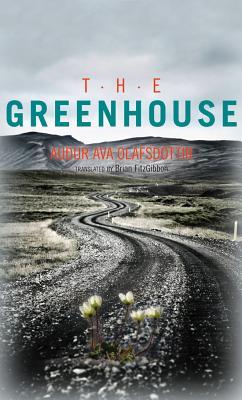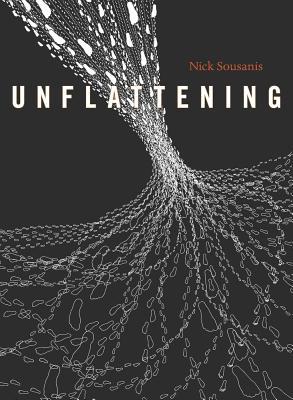I found this book fascinating for the most part. The concept is ambitious and surely sooner or later these two fields of study will converge, as ultimately their subject is the same: the human brain.
However, I do not think this book presents really strong examples, and I don't think it has a lot to offer in the practical sense.
First though, I have to say I am not fully in agreement with the author's basic premise. She is right in suggesting that neurobiology can often make the mistake of forgetting the person, the mind, the human being behind the neurons, the synapses, the proteins etc. and that the approach of psychoanalysis can sometimes help scientists get a more holistic approach to the patient. However, through her intense love for Sigmund Freud, she far overestimates the value of psychoanalysis per se, which is today - as it should be - dying a slow death.
It was during the 80's that Schwartz's protagonist, Mark Solms, began to feel dissatisfied with the field. In 1985, Solms headed the neurology department in Baragwanath Hospital in Cape Town, the largest hospital in the world at the time. Amid political chaos, language barriers and the after-effects of violent crimes, Solms underwent "an immersion education in human fragility," Schwartz writes. "One bump, one bullet, one burst blood vessel, and suddenly our identity is pulled out from beneath us, and we are someone else".
So he turned to psychotherapy. Thus began Solms's quest to integrate Freud's work into rehab. He founded neuropsychoanalysis and began preaching its benefits to all who would listen. In 2001, Solms organized a group of psychoanalysts who would meet in a small apartment on New York's Upper East Side to discuss their work with brain-damaged patients and seek advice, round-table style.
Schwartz travels to South Africa to attend Solms' sessions and to take copious notes about his life and work. Some of Solms' intuitions are powerful, but I didn't think there is enough "meat". In other words, neuropsychoanalysis is a great concept, but still very underdeveloped (because of our lack of neurobiological knowledge).
Here are my thoughts: Freud is not as important today as the author would like him to be. He had some great intuitions, yes, but without having any scientific instruments at his disposal, he jumped to conclusions that in many cases were wrong or even horribly wrong. A bit like those ancient people who said "the Earth looks flat, therefore it's flat". It wasn't their fault they were wrong. But they should not have jumped to conclusions.
For example, in "The interpretation of dreams", Freud went completely off a tangent and gave dreams a symbolic value they very rarely have. For the most part, dreams are just what they are: incoherent mental farts.
In my opinion, today psychology and psychoanalysis should not even be around anymore. We should get rid of them altogether, place them in a museum, next to the telegraph and the Commodore 64. After 100 years, there is still no proof that they can actually "cure" a patient, aside from the random successes that they can have, especially when the patient has a very specific and superficial issue (i.e. fear of blades, or fear of dogs).
Neurobiology is the present and the future of our understanding of the brain. Research instruments are getting more and more powerful, so give it another 10-20 years, and neurobiology will finally hammer that last nail into the coffin of psychoanalysis.
Therefore, I find the author's stance unbalanced when she sees psychoanalysis and neurobiology simply as two disciplines that find themselves on the same level, only with a communication issue. Yes, the mind is only one, and why have two separate fields trying to explain the same thing, but no, today the two fields are not equally valid or important. Psychoanalysis is almost a corpse, and it carries with itself so much engrained ignorance and prejudice, while neurobiology is a little kid buzzing with energy, opportunities, and most importantly, a fresh and open mind. Schwartz never really acknowledges this huge and fundamental difference.
Plus, why would you need Freud in order to have a more human approach to your patients and their minds? You just need to take a more human approach. That can come from anywhere, not only from Freud: literature, music, personal experience, religion, anything else. Why do you need Freud?
From the formal perspective, the book is very well written and you can often feel the author's passion coming through, but I have to say, the structure is messy.
This work contains something like 4 or 5 different books, all of them incomplete and cobbled together like random sticky notes. While the various chapters are all vaguely about the same topic, it seems like Schwartz couldn't make up her mind on what kind of book she was actually writing: a memoir, a travelogue, an essay, a series of short biographies? This book is all of these things patched together, and glued together by autobiographical notes that don't seem to matter for the book, or to go anywhere.
While researching the material for a non-fiction book, many authors travel, interview specialists, talk with professionals in a specific field. But then what they do in the book is they provide the results of that research, not the actual description of their work of researching. Why would the readers care about that, unless the writer is an eye-witness to moments of great historic importance?
Unfortunately, for the most part of the book, that is what the author decided to do, and in my opinion this does not work well, because: 1) it slows down the book; 2) it adds little or nothing to the subject matter - which is the only reason why you are reading the book, and 3) it gives you the idea that some greatly important epiphany or discovery is going to come out of that conversation or that piece of research, while in fact nothing much really happens, only a few examples of patients whose problems were helped by analysts who were open minded and cared for the human side.
Finally, the last few chapters follow a specific case that - again - is presented as truly important for the subject matter, but while reading it you realize that it doesn't really add much, despite the author spent a lot of time on it.
Overall, a work of great ambition and an important concept. At best, it might be too soon for a book like this. At worst, this is a messy book that over-reaches and ends up with not much to offer.

















